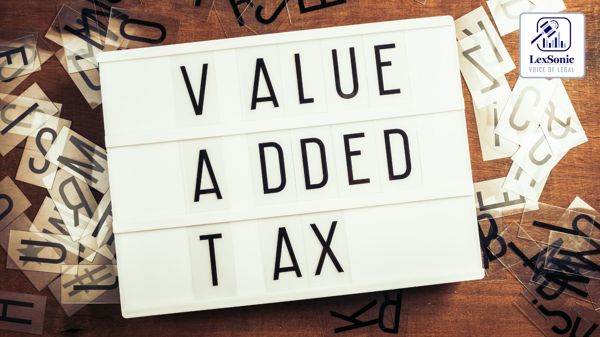Supreme Court Clarifies VAT Exclusions in Landmark Gujarat Tax Case.
02 August 2024
Value Added Tax (VAT) >> Tax Laws
In a significant ruling that will resonate through the corridors of tax law, the Supreme Court of India recently upheld a decision by the Gujarat High Court concerning the Gujarat Value Added Tax Act, 2003 (GVAT Act). The case at hand pits the State of Gujarat against M/s Ambuja Cement Ltd., and it revolves around a crucial interpretation of VAT regulations and their impact on taxable turnover calculations.
The Dispute:
At the heart of the controversy is whether the Value Added Tax (VAT) and the value of purchases on which no tax credit was claimed should be included in the taxable turnover of purchases. The State of Gujarat, dissatisfied with the earlier judgments, has sought to overturn the rulings of both the Gujarat Value Added Tax Tribunal and the High Court. The crux of the issue lies in Section 11(3)(b) of the GVAT Act, which deals with the reduction of tax credit based on the turnover of purchases.

The Appellant's Argument:
The State of Gujarat argued that the lower courts had misinterpreted the GVAT Act. The Appellant maintained that the Tribunal's decision to exclude VAT and the value of purchases where no tax credit was claimed was incorrect. They insisted that such amounts should be included in the taxable turnover, as per their understanding of the statute and the definition provided in Section 2(32) of the GVAT Act.
The Respondent's Counterclaim:
Conversely, M/s Ambuja Cement Ltd. contended that the Tribunal and High Court had interpreted the GVAT Act correctly. Their argument was grounded in the definition of "purchase price" under Section 2(18), which explicitly mentions only certain duties and charges but does not include VAT. The Respondent's counsel argued that if VAT were to be included in the purchase price, it would have been explicitly mentioned in the statute.
Legal Interpretation:
The Supreme Court’s analysis focused on the definitions provided under the GVAT Act. Section 2(18) defines "purchase price" as the amount paid or payable for purchases, including certain duties but excluding VAT. This definition was deemed exhaustive, meaning it could not be expanded to include VAT beyond what was specifically outlined. Similarly, Section 2(32) clarifies that the turnover of purchases is derived from the purchase price, reinforcing that VAT should not be part of this calculation.
The Court highlighted that tax statutes must be interpreted strictly, adhering closely to the legislative text. As such, extending the definition to include VAT would be contrary to the explicit terms of the GVAT Act.
The Supreme Court’s Ruling:
The Supreme Court upheld the decisions of the Gujarat Tribunal and the High Court, affirming that the VAT and the value of unclaimed purchases should not be included in the taxable turnover of purchases. This interpretation aligns with the statute's clear wording and legislative intent. The judgment emphasizes that tax laws must be applied as written, without extending their scope through judicial interpretation.
Implications:
This ruling provides clarity on the calculation of taxable turnover under the GVAT Act, potentially influencing how VAT and similar components are handled in tax assessments. For businesses and tax authorities alike, this decision underscores the importance of adhering strictly to statutory definitions and the limitations of judicial interpretation in tax law. In conclusion, the Supreme Court's decision in this case reaffirms the principles of strict statutory interpretation in tax matters, providing a definitive answer to a complex issue in VAT calculations.
Gujarat Value Added Tax Act, 2003
